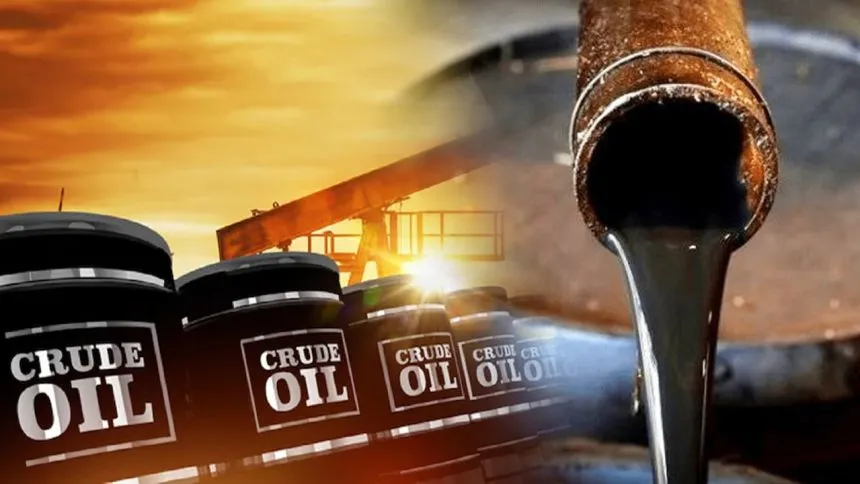
Akintunde Oyedokun
Research Analyst
Oil prices ended a volatile session with modest gains on Wednesday as tensions between the U.S., Iran, and Israel stirred fears of supply disruptions. Brent settled at $76.70, while WTI closed at $75.14.
Markets reacted to Iran’s rejection of U.S. demands and President Trump’s unclear stance on joining Israel’s military actions. The uncertainty heightened concerns about the security of oil flows, particularly through the vital Strait of Hormuz.
As one of OPEC’s top producers, Iran’s warning of retaliation if attacked added to market unease.
Japan’s Exports Slide As U.S. Tariffs Hit Auto Sector
Japan’s exports fell 1.7% in May, marking the first decline in eight months, as U.S. tariffs battered the auto industry. Shipments to the U.S. dropped 11.1%, led by a 24.7% plunge in automobile exports. Tokyo failed to secure a tariff deal with Washington during the G7 summit, leaving Japanese automakers vulnerable to a looming 24% reciprocal tariff from July 9. Despite the drop in value, the modest 3.9% dip in export volume suggests companies are absorbing costs to maintain market share.
UK Inflation Eases To 3.4% In May, BoE Likely To Hold Rates Amid Energy Market Uncertainty
UK inflation slowed to 3.4% in May, aligning with Bank of England expectations, as the central bank prepares to keep interest rates unchanged this week. The cooling was driven by falling airfares and a drop in core and services inflation, despite rising food and utility costs. The BoE faces renewed pressure from surging global energy prices due to Middle East tensions. Sterling rose and bond yields fell after the data release, but the UK still has the highest inflation among major Western European economies.
South Africa’s Inflation Holds At 2.8% As SARB Pushes For Lower Target
South Africa’s annual inflation rate remained steady at 2.8% in May, staying below the South African Reserve Bank’s (SARB) 3–6% target range. The SARB, which has cut rates at four of its last five meetings, is advocating for a lower inflation target to boost economic competitiveness. Finance Minister approval is required, but discussions are ongoing. Core inflation also held firm at 3.0%. Analysts support the move, noting that sustained low inflation could anchor expectations and support long-term growth.
Dangote Refinery Marking Global Expansion, Exports First Gasoline Cargo To Asia
For the first time, a 90,000-ton gasoline shipment from Nigeria’s Dangote refinery is heading to Asia, signaling a shift from its usual West African market. The cargo, managed by Mercuria and set to load on June 22, reflects the refinery’s growing global footprint. A Dangote spokesperson said sales go to the highest bidder, while analysts see this move as a sign of stable production and readiness for broader international supply.










